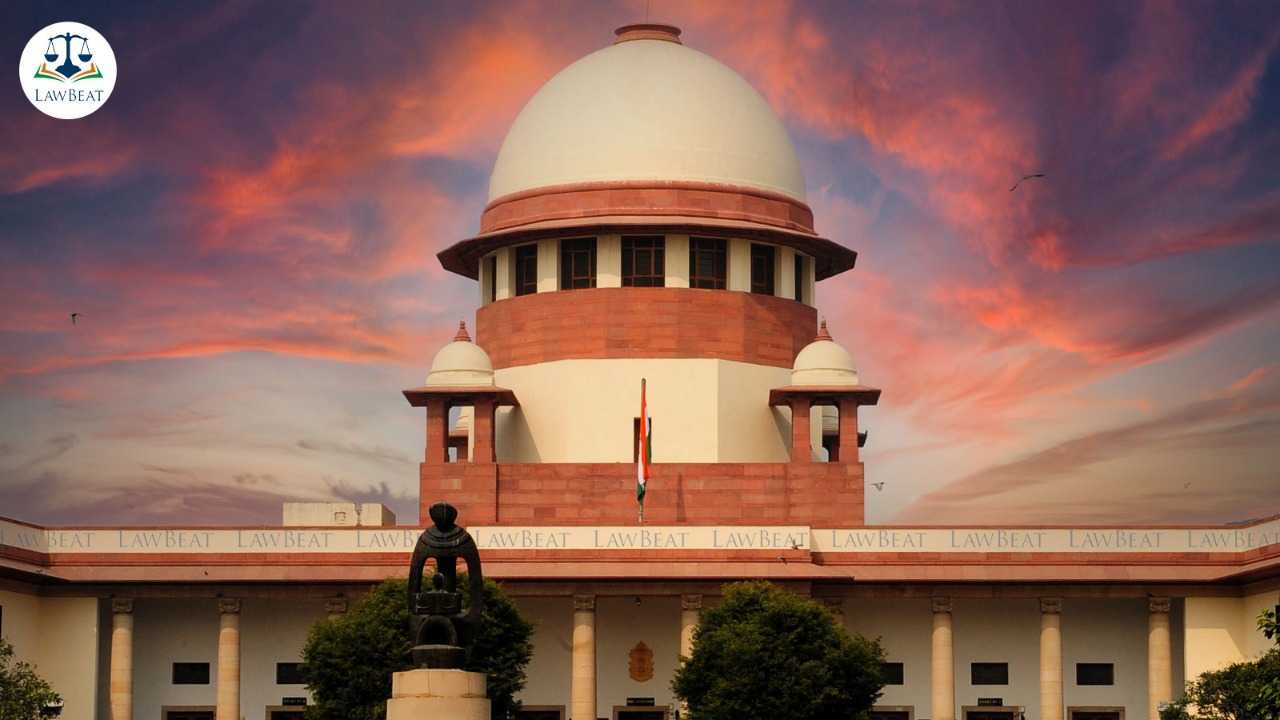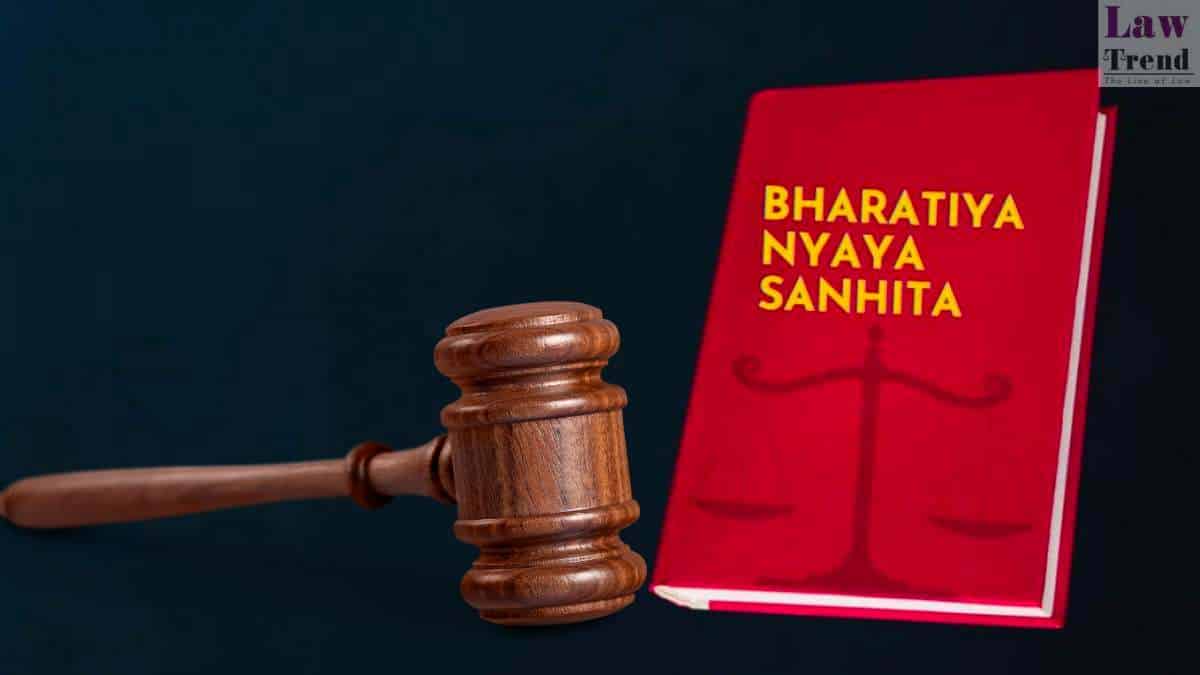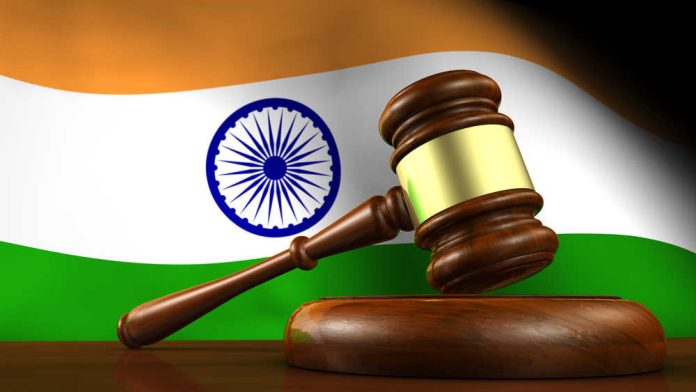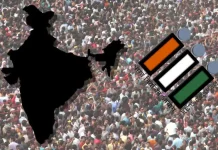- As we know, reams and reams have been written, debated, and argued passionately about the dissatisfactory Indian justice delivery system over the last few decades. Of course, diligent efforts from stakeholders have ensured that the justice delivery system is up to speed in line with the expectations of addressing grievances promptly from the numerous aggrieved individuals. No less than the Supreme Court has laid down various guidelines/procedures to ensure a humongous amount of backlog of cases at different levels of the justice delivery system is disposed of within a time-bound manner. However, the fact of the matter is, millions of cases are yet to reach the final hearing stage, leading to tremendous frustration for the seekers of justice.

PC: Swapna INC
- The case of scores of undertrials languishing in various jails across the country needs no further elaboration. The very basic premise of the judiciary – justice delayed is justice denied – has been conveniently forgotten as millions of people are waiting for eternity in the hopes of receiving one sooner than later. If the justice delivery system is causing so much heartburn among the seekers, what is even more depressing is to note that wrongful convictions resulting in spending decades in jails are also on the rise. Such wrongful convictions/imprisonment not only impinge on an individual’s human rights but also cause immense psychological trauma by disallowing the person from leading a dignified life, as enunciated and guaranteed of rights in the Indian Constitution.

PC: LawBeat
- Most distressingly, that India mostly doesn’t compensate those wrongfully convicted is a wrong that must be corrected. Thankfully, the SC has recognized this and has sought government support to frame norms to compensate for wrongful arrest, prosecution, and conviction. It announced its intent as it overturned the conviction of a man on death row for six years recently. SC has frequently acquitted death row convicts and expressed its anger and distress at subpar and dishonest police work and prosecution. It has berated subordinate courts for wrong judgments. SC’s intent is welcome, but must be seen to completion. This gap in our justice system has been discussed threadbare by various stakeholders, including the executive and the legislature.
 PC: Law Trend
PC: Law Trend
- Notably, Bharatiya Nyaya Simhita (BNS) was an opportunity missed to put a compensation framework for false arrests, detention, and conviction in the statute. As mentioned above, wrong imprisonment isn’t merely justice denied, but dignity destroyed, lives shattered, and faith in the justice system irreparably damaged. So, how should compensation be decided? The Law Commission should recommend considering the offence’s seriousness, severity of punishment, length of detention, damage to health, harm to reputation, and loss of income and opportunities. Add legal fees too. Indian compensation amount is often a paltry figure. One is expected to be simply grateful one’s free, even if broken and shattered. The SC must ensure a hefty compensation amount is in place, and the government should endorse it without much ado






